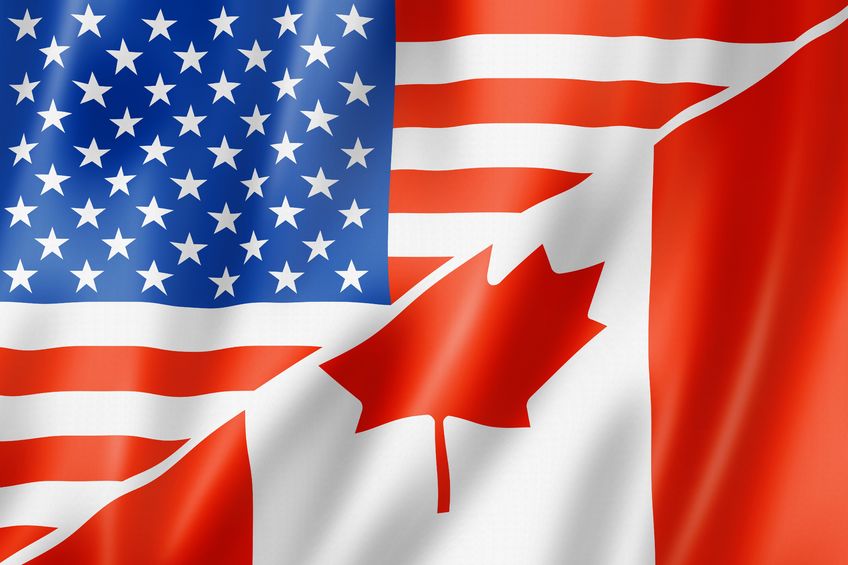
U.S./Canadian dual citizens who have been non-compliant in their U.S. tax filing obligations and are considering coming clean to the U.S. Internal Revenue Service (IRS) under a streamlined amnesty program should consider doing so sooner rather than later. That was the message from an IRS official who spoke at the annual national conference of the Society of Trust and Estate Practitioners in Toronto on Thursday.
“Get applications in while [the program] is still around,” said Daniel Price, a lawyer in the Austin, Texas-based office of the chief counsel of the IRS. The IRS could decide to shut down the program if the tax service could no longer make a business case for keeping it open, Price said.
In 2014, the U.S. expanded an existing streamlined voluntary disclosure program (VDP) that it had introduced in 2012. It did so by eliminating two previous requirements: that the taxpayer have less than US$1,500 of taxes owing in each of the last three years; and that the taxpayer fill out a risk-determination questionnaire.
U.S. taxpayers abroad who are eligible for the streamlined VDP can see penalties related to offshore non-compliance waived or greatly reduced under the program. To qualify, an American taxpayer still has to file three years of U.S. tax returns, plus six years of U.S. foreign bank and financial account information, and attest that he or she didn’t wilfully fail to file their tax information.
The streamlined program was introduced as an alternative to the stricter Offshore Voluntary Disclosure Program (OVDP), which is intended for taxpayers whom the IRS considers willfully non-compliant or who are not otherwise eligible for the streamlined program.
Between 2012, when the original streamlined VDP was introduced, and October 2015, the U.S. tax service received 30,000 submissions under the streamlined voluntary disclosure program, Price said. Two-thirds of those submissions have come in since June 2014, when the program was expanded.
By comparison, more than 54,000 OVDP disclosures have been received by the IRS, with the tax service collecting $8 billion in associated tax revenue through those disclosures.
The U.S. tax system is based on citizenship, not residency, meaning a U.S. citizen or “green card” holder must file a U.S. tax return, and comply with all other U.S. tax filing obligations annually on worldwide income regardless of where they live in the world. The tax treaty between the U.S. and Canada usually prevents double taxation, but the obligation to file remains.
The IRS hopes to see the popularity of the streamlined VDP option increase, Price said.
“The potential universe of taxpayers who could use these [voluntary disclosure] procedures is much higher,” Price said. “Think about all the U.S. citizens living abroad who may not be filing.”
Photo copyright: daboost/123RF